Language Learning Tip #18
Problem
“I am trying to change some of my language learning habits, and I have ideas, but somehow I don’t put them into action.”
Idea: Address problems with strategies not with wishes.
Five steps for creating suitable strategies:
1) Identify areas you want to improve in. Do this periodically as your needs and abilities change. Write down things you want to be able to do at this point in your life and skills you want to practice. Then prioritize them by giving them numbers. Choose 2 or 3 of them and develop creative strategies to improve in these areas.
2) Identify your strengths and weaknesses as a learner. What are you good at? What is difficult for you? Then focus on ways to strengthen your weak skills by using your strengths.
For example, if you don’t spell well, identify the reasons. Maybe two Arabic sounds seem the same to you so you get mixed up with words which have those sounds in them. This would be a weakness in an aural (listening) skill. But if you can see the word in your mind or you write the word a number of times, you can use your strength as a visual learner or as a kinesthetic learner to work on your spelling problem. Or if your weakness is listening comprehension, you cannot improve in that area by making a grammar chart. However, listening to recorded Arabic at slower speeds could be helpful.
Look for a connection between the skill you need and the activity you want to spend time on. If you can not explain the connection between the two, then maybe the connection is not really there.
3) Identify things in your personality that make it hard for you to do what other successful learners do. Then find a way to compensate. For example, if you are a shy person who finds it difficult to knock on your neighbor’s door, go visiting with someone else. Or, if you never know what to talk about with people, before you visit, write a list of topics and questions that you can ask people.
4) Reevaluate your strategies from time to time. If your strategies are all the same now as they were 3 months ago, you probably are not giving enough attention to this area. Use your creativity and feed off of the creativity of your classmates and other learners.
5) Find someone to be accountable to. You might talk with that person about what you are writing in your language learning journal. You should discuss what your current strategies are, why you have chosen them, and how you might improve them. Sometimes another person might just have an idea that will turn a good strategy into a great strategy.

